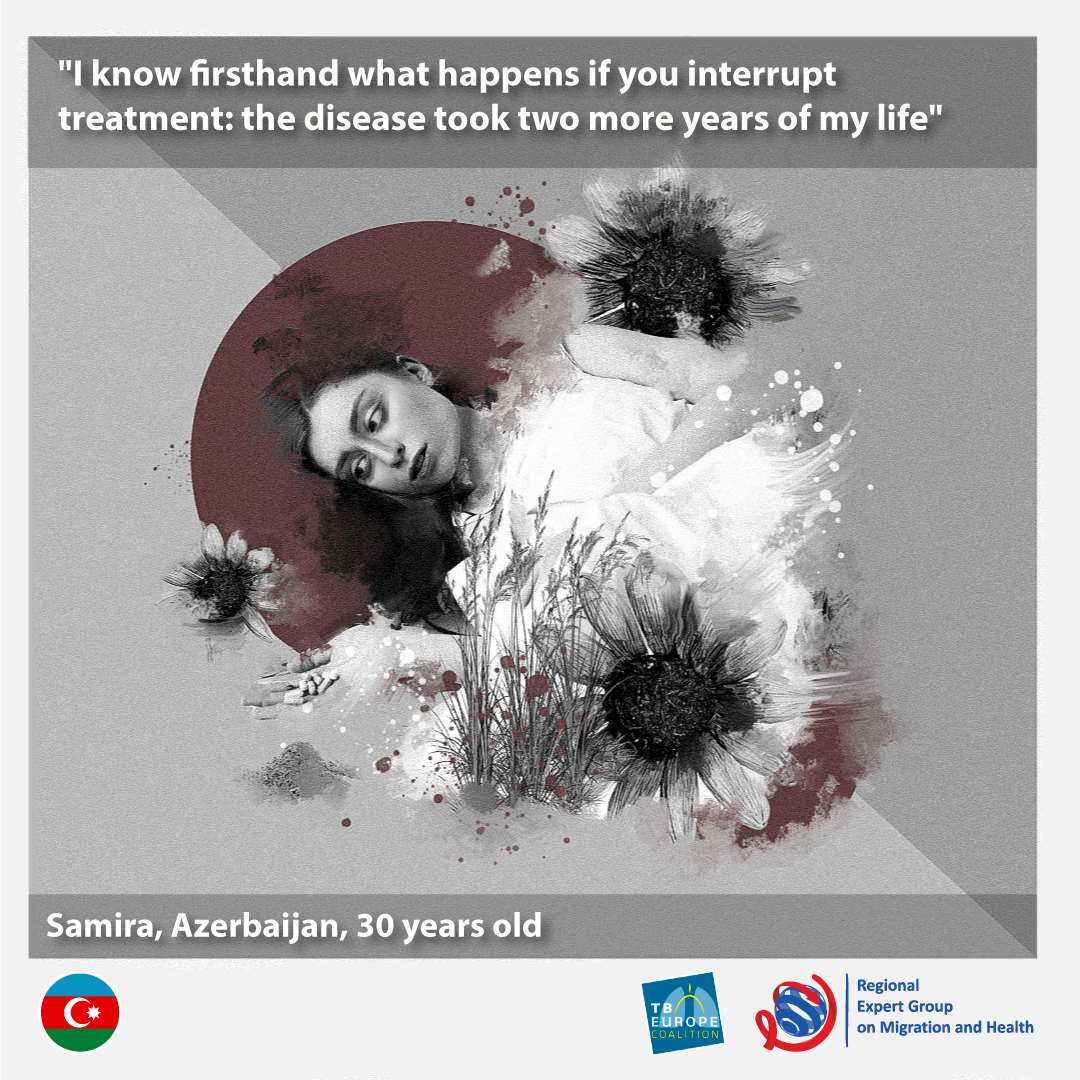I come from a poor family. We lived in a region of Georgia bordering Azerbaijan. My parents survived by growing vegetables in their own garden. They did not have higher education or good jobs. They did not want my brother and I to have the same lives as them, so they did not let us leave school to work and told us we had to enter a university by any means.
My dream was to become a teacher – I love children and so I wanted to be the person who brings education to our new generation. Unfortunately, it did not come true.
In 2006, I finished school. At the same time, my brother started having problems with his kidneys. There was no possibility to treat him in our village, so our whole family moved to Baku, which was not far away. That is why I had to forget my dream of becoming a teacher, as I had to take care of my brother who lived on dialysis. My parents worked in a baking shop.
In 2010, I married a man who was a citizen of Azerbaijan, while my brother was cured and went back to the village with our parents.
My husband and I had two children. I did not work and stayed home taking care of my family. We were not rich and rented an apartment, which was cold and damp. I think that is what triggered my disease.
In May 2018, I was told that I had cavernous pulmonary tuberculosis. When my treatment was nearly over, I was released from the hospital but still had to come to the clinic to get my pills every day, my mother told me that my father felt bad and asked me to come to Georgia. My doctor refused to give me a stock of pills for when I was away to see my family, so I left without any pills. My father was in a coma and then he died. For more than a month, I was in my home country not taking any pills.
When I came back to Azerbaijan, I had a relapse and was admitted to a hospital. My doctors had to change the treatment regimen as I turned out to have a new form of tuberculosis that was resistant to the medicines I used to take.
The price of my treatment interruption is high: only in summer 2020, I was able to switch back to outpatient treatment and I will have to take pills until May 2022.
Do I face discrimination? Yes, from the side of the government. In Azerbaijan, I was denied disability status as I am not a citizen of this country. Fortunately, I was able to receive support from the local NGO “Towards a Future Without Tuberculosis” which protects the rights of people affected by tuberculosis.
We contacted a Migration Office in Azerbaijan, where we were told that as I am officially married to an Azerbaijani citizen, I have the same rights as all other citizens. We even had a meeting with the Deputy Minister of Labour, who promised that “things would work out”. I am still denied my disability status due to various reasons. However, people at the NGO told me that very soon my problem would be resolved.
Now my health is getting better. I am asking people not to interrupt their treatment as I had a personal experience of a setback; when I felt worse and the disease took two more years of my life. Look at me, count how many months my treatment is taking; you should never quit taking pills until your doctor lets you do it. Never ever.
Recorded by Ekaterina Ivashchenko
Illustrations by Alexander Nosov
